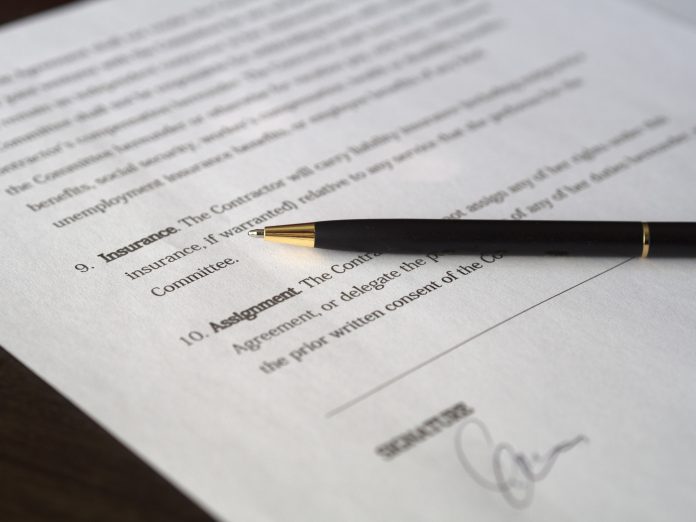Starting a business is one thing, but the minute you open up the doors for operations to start, you are opening yourself and your startup to many risks. The building could up in flames, burglars might make away with your assets, or your employees could sue you for whatever reason.
Are there ways to cover yourself and your business and reduce risks as much as possible? Yes, an insurance cover will do this. Insurance premiums might seem expensive for a startup, but the cost after exposure will be far higher than the premiums you pay.
Although every business industry is exposed to different risks, some risks are common across all sectors. Still, insurance companies have industry-specific insurance covers that will suit your business.
Below are insurance covers you should consider getting for your startup:
Business Owner’s Policy (BOP)
A BOP is a combination of business liability insurance and business property insurance covers. This policy is usually designed for businesses in industries with low risk and also have a small footprint.
These are businesses with smaller premises, office spaces, and mostly less than 100 employees. Most startups suit this bill, so it is essential to confirm if your business qualifies for this kind of insurance cover.
A BOP covers risks like theft, fire, applicable disasters, or claims arising for the business’s operations. Such claims include property damage, body injuries, slander, or libel. Some insurance companies are also customizing this type of insurance to cover risks like data breaches.
Property Insurance
If your startup owns or leases a premise for business operations, property insurance is vital. Property insurance covers properties like the building, inventory, furniture, and business equipment. The risks covered in this policy include natural disasters, fire, and theft.
There are two types of property insurance, all risk, and peril-specific policies.
The all-risk policy covers a wide range of perils and incidents, except for those peril’s noted in specific contracts. The peril-specific policy covers only particular risks, as pointed out in the policy. Good examples of peril-specific policies are fire, crime, flood, or business interruption covers.
Product Insurance
Does your startup sell physical products that may cause injuries to individual users or property damage? Product insurance should be part of the essential products your startup has.
You might take all the necessary precautions with multiple tests and using quality products in the manufacturing of your products, but you’re never 100% safe from mishaps happening. A quick search of “personal injury” claims on search engines will show you examples of lawsuits that cost up to millions of dollars.
Product insurance will cover your startup against any damages your product might cause. It is also possible to tailor a product liability insurance policy to a specific amount. This way, you are insured up to a particular amount in case of a lawsuit.
Workers’ Compensation Insurance
For a startup with an employee or employees, a workers compensation/worker’s comp becomes essential. It serves two purposes:
- Offers medical benefits if the employee is injured or falls ill in the line of work.
- Replacement of lost wages
Some countries require a business with employees to have workers’ compensation. In case you are considering skipping on this insurance, it is best to confirm your state’s laws and requirements regarding employee compensation.
Cyber Liability
With almost all aspects of going online, there is a high likelihood your startup will be using computers to send, receive, and store data. The risk here involves losing private and sensitive data from cyberattacks, which can comprise you, your business, and other third-parties that you deal with, like customers and suppliers.
The cyber liability covers any financial losses your startup may incur from breaches or other cyberattacks. The most common cyber risks you should worry about are security risks, privacy risks, and operational risks.
Insurance companies are underwriting cyber liability policies with the below 4 agreements:
- Privacy and network security – with first and third-party costs
- Media liability
- Network business interruption
- Errors and omissions
Professional Liability
Also referred to as errors & omissions or professional indemnity insurance is ideal for a startup that offers professional advice or services. It will protect you against negligence and damages lawsuits by your clients.
Shopping for insurance cover for our startup will not be an easy undertaking. We would recommend working with a professional who understands the ins and outs of your business’s industry. They are more conversant with the risks in your industry and can guide the appropriate insurance covers.
You can work with an independent agent or one affiliated with a specific insurance company. Whichever your option, the goal is to get a cover that protects you and your startup.










